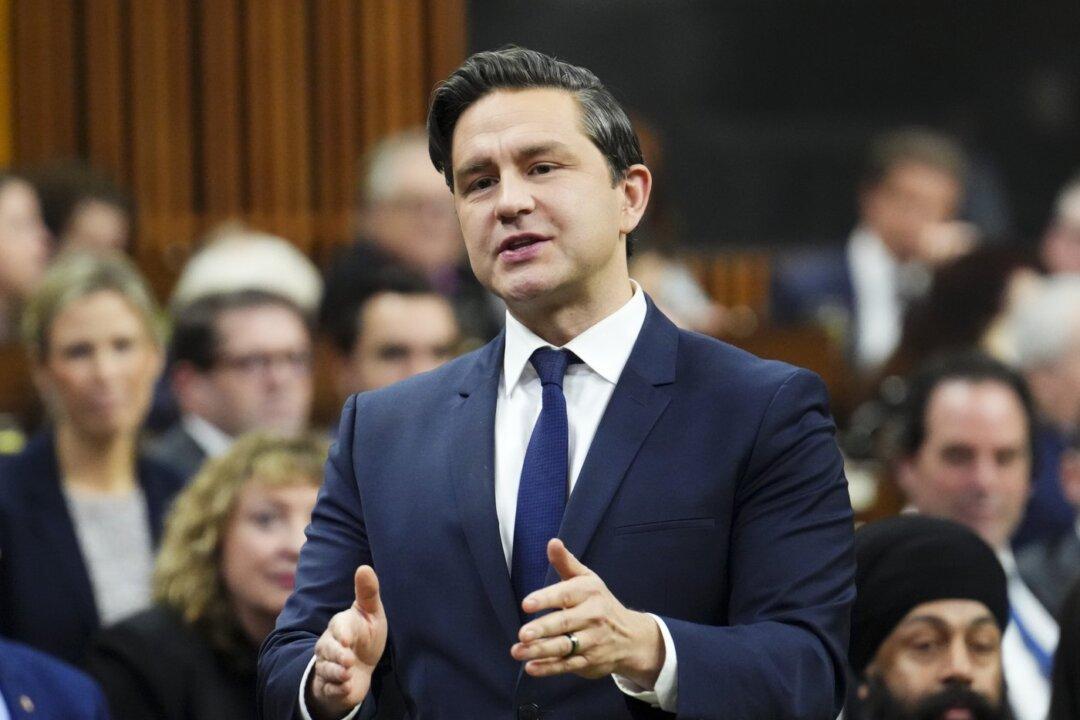Conservative Leader Pierre Poilievre is calling the development process for ArriveCan “corrupt” after the release of a critical report from the Auditor General that faulted government management of the mobile application.
Mr. Poilievre told reporters that the RCMP needs to get to the bottom of the “ArriveScam” scandal which he said “went 750 times over budget.”





